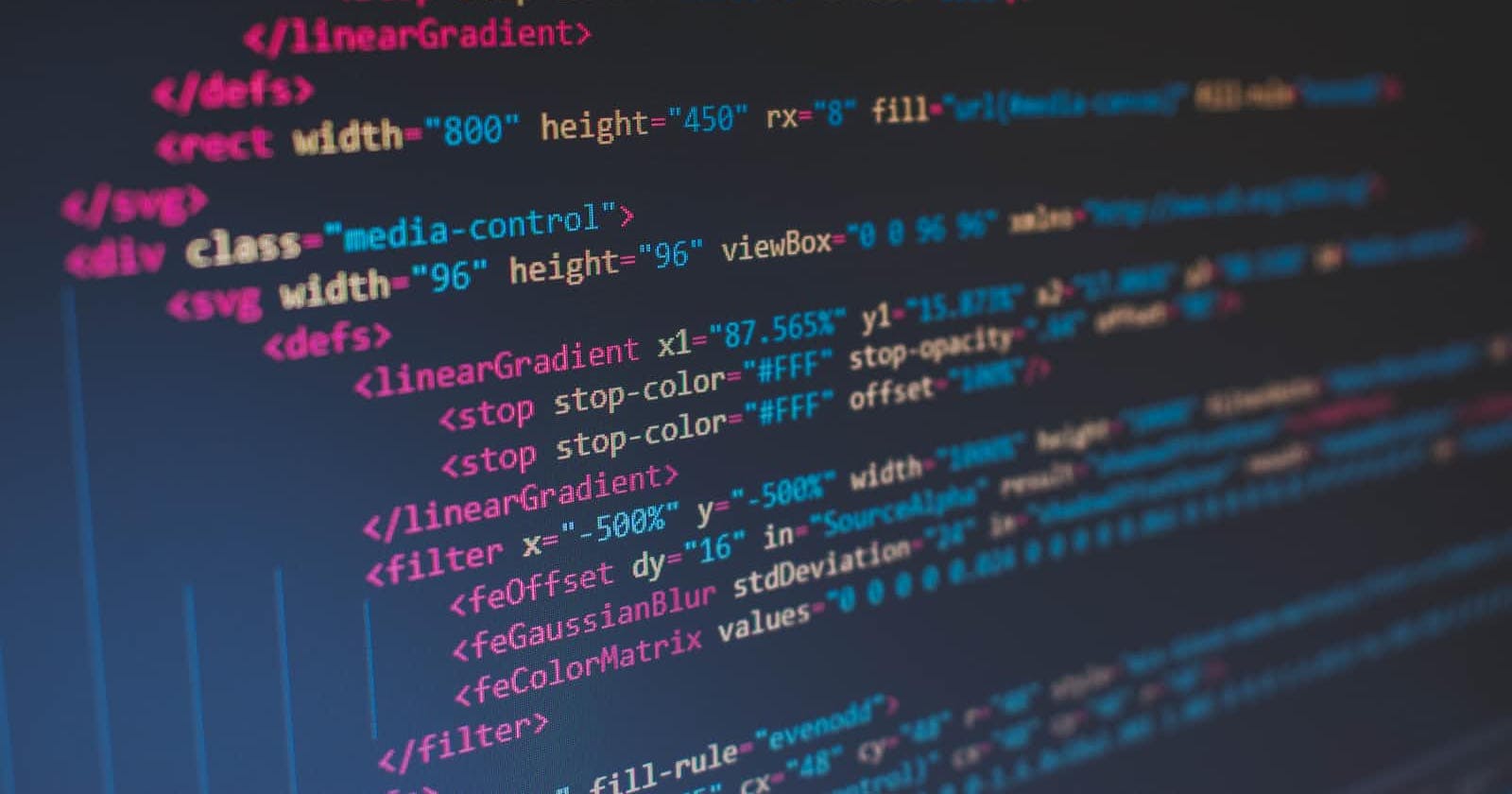Introduction
In today's digital age, programming skills are in high demand. Whether you aspire to build cutting-edge software, develop innovative applications, or simply enhance your problem-solving abilities, becoming a skilled programmer opens doors to a world of possibilities. However, mastering the art of programming requires more than just writing lines of code. It entails a combination of technical expertise, continuous learning, and a passion for problem-solving. In this blog, we will explore key steps to help you embark on your journey to becoming a good programmer.
Cultivate a Strong Foundation: Like any other craft, programming demands a solid foundation. Start by learning the fundamentals of computer science and programming concepts. Familiarize yourself with programming languages such as Python, Java, or C++, understanding their syntax, control structures, and data types. Online tutorials, courses and interactive coding platforms can serve as valuable resources for building your foundation.
Practice, Practice, Practice: As the saying goes, "Practice makes perfect." This holds true for programming as well. Regularly engage in coding exercises, challenges, and projects. These activities not only strengthen your technical skills but also develop problem-solving abilities. Utilize coding platforms like LeetCode, HackerRank, or Project Euler to practice algorithms, data structures, and various programming tasks.
Learn from Others: The programming community is vast and diverse, with experienced developers willing to share their knowledge. Engage with the community by joining coding forums, attending meetups, or participating in online communities like Stack Overflow and GitHub. Collaborating with others not only provides valuable insights but also exposes you to different perspectives and approaches.
Embrace a Growth Mindset: Adopting a growth mindset is crucial for continuous improvement as a programmer. Embrace challenges and view setbacks as learning opportunities rather than failures. Keep up with industry trends, explore new technologies, and be open to exploring different programming paradigms. Cultivate a hunger for learning, and stay curious about new developments in the field.
Build Projects: Applying your programming skills to real-world projects is an excellent way to reinforce your knowledge and enhance your problem-solving abilities. Start with small projects and gradually take on more complex ones. Building projects allows you to practice integrating different components, working with APIs, and troubleshooting errors. It also helps you showcase your work and build a portfolio that can impress potential employers.
Read and Learn from Code: Reading and understanding existing code is an invaluable skill for programmers. Study well-documented codebases, open-source projects, and software libraries. Analyze how experienced developers structure their code, follow best practices, and tackle complex problems. Reading code can provide insights into different programming styles, improve your own code readability, and enhance collaboration with other developers.
Master Problem-Solving: Programming is ultimately about problem-solving. Develop your problem-solving skills by breaking down complex problems into smaller, manageable tasks. Understand the problem requirements, design an algorithmic approach, and iteratively refine your solution. Practice solving coding puzzles and algorithm challenges to sharpen your problem-solving abilities.
Seek Feedback and Collaborate: Feedback is crucial for growth. Share your code with others, seek feedback, and be open to constructive criticism. Collaborate on projects, participate in code reviews, and learn from experienced programmers. Engaging with a community of developers not only improves your skills but also exposes you to different coding styles and practices.
Conclusion: Becoming a good programmer is an ongoing journey that requires dedication, practice, and a love for problem-solving. By cultivating a strong foundation, embracing a growth mindset, and engaging with the programming community, you can continuously enhance your skills and unlock your coding potential. Remember, Rome wasn't built in a day, and mastery


